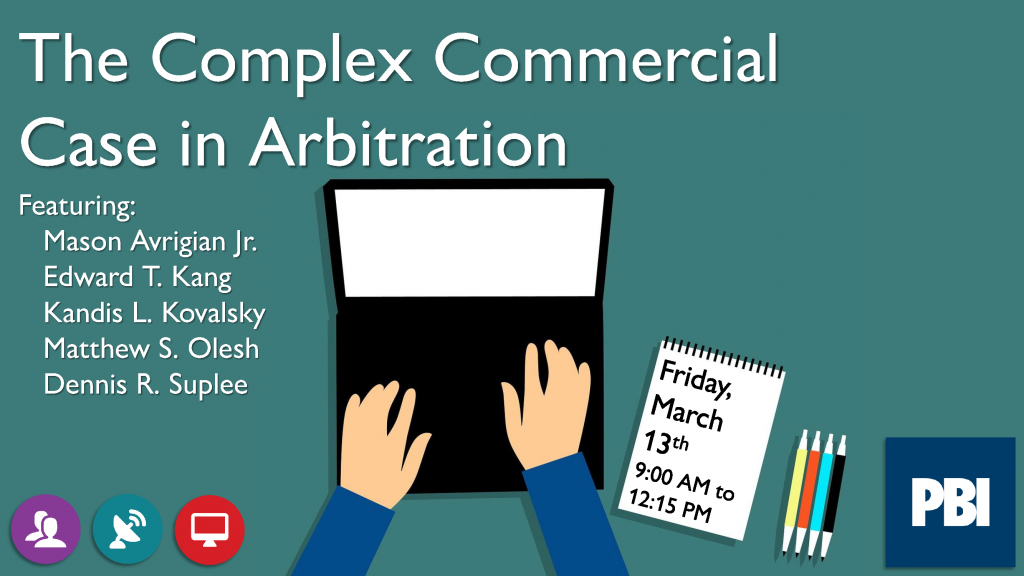 As a commercial transactional lawyer, I often speak to my clients and colleagues about contract management. While I am usually heavily involved in many stages of the contract lifecycle – most notably, negotiations, drafting, closings and amendments – the real work (and most problems) arise during contract performance, which is the time the contracting company is typically “on its own.” I stress to my clients that competent management of contracts post-execution is critical: your management team needs to know its contractual obligations: due dates and milestones, payment terms, and areas of performance. Who’s doing what, when, and for how much? I recommend companies appoint a contract manager to maintain each contract and its pertinent information, and create a database of performance, payment, and other obligation information, along with applicable deadlines and a “tickler” system.
As a commercial transactional lawyer, I often speak to my clients and colleagues about contract management. While I am usually heavily involved in many stages of the contract lifecycle – most notably, negotiations, drafting, closings and amendments – the real work (and most problems) arise during contract performance, which is the time the contracting company is typically “on its own.” I stress to my clients that competent management of contracts post-execution is critical: your management team needs to know its contractual obligations: due dates and milestones, payment terms, and areas of performance. Who’s doing what, when, and for how much? I recommend companies appoint a contract manager to maintain each contract and its pertinent information, and create a database of performance, payment, and other obligation information, along with applicable deadlines and a “tickler” system.
Now, in the wake of COVID-19 and its tremendous impact on businesses, it is important to pull out those databases, and update them with information particular to the current state of operations – yours and your contracting partners. Continue reading ›
 Kang Haggerty News
Kang Haggerty News


 Kang Haggerty Managing Member
Kang Haggerty Managing Member 



 Kang Haggerty LLC has received national recognition for its
Kang Haggerty LLC has received national recognition for its